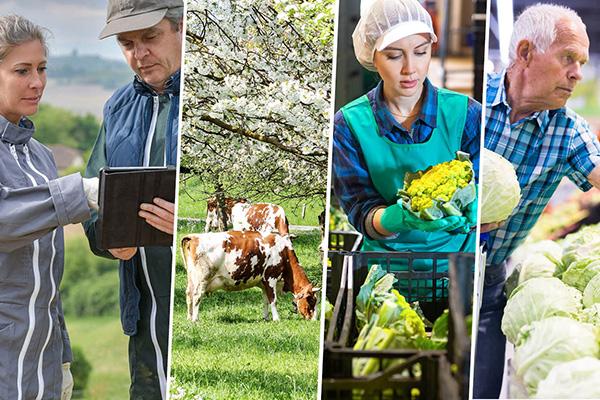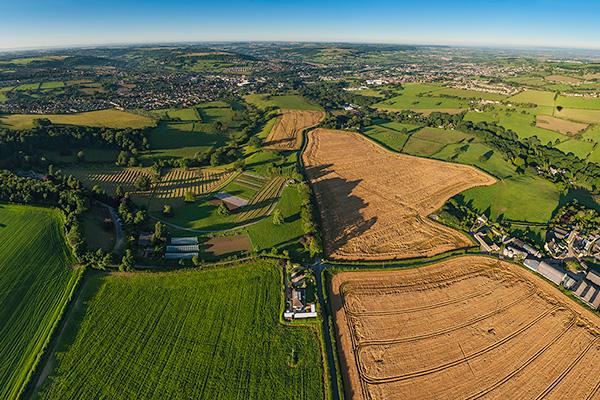The role of agriculture and rural development
Agriculture is one of the most complex, sensitive and critical issues in the enlargement process due to:
- its significant size (share of GDP and the high proportion of the population active in agriculture);
- its structural deficiencies (subsistence and semi-subsistence farming).
The European Commission experts in the field of agriculture and rural development provide assistance and guidance to candidate and potential candidate countries in preparing for future accession to the EU and more specifically, the common agricultural policy (CAP) and rural development.
Conditions for the agriculture and rural development sector
Two sets of criteria are of key importance.
Economic aspects
- The existence of a functioning market economy, based on clear property rights, functioning markets, price liberalisation and macroeconomic stability.
- The capacity to cope with competitive pressure and market forces within the EU, and from imported agricultural and food products.
EU standards
- Adequate administrative capacity of the agricultural administrations, particularly in the area of agricultural policy formulation, analysis, implementation, support payment and control.
- Adequate administrative capacity for the formulation and implementation of pre-accession rural development measures.
- Legislative alignment and setting-up of administrative capacities in the areas of organic farming, quality policy and other horizontal aspects.
- At market level, setting up market mechanisms, including marketing standards, price reporting, quota management, producer organisations and market support measures such public intervention or exceptional measures.
Accession negotiations
Accession negotiations in agriculture focus on the procedures for future CAP support (such as direct payments, rural development, etc.) and the need for transitional measures to allow for integration into the EU, taking into account the specific circumstances of the agricultural sector in each country.
A large number of binding rules and their effective enforcement by an efficient public administration are essential for the functioning of the CAP.
This includes the laws governing management systems, such as a paying agency and the integrated administration and control system, and also the capacity to implement CAP support schemes.
EU membership requires the integration of a range of agricultural products, including arable crops, sugar, animal products and specialised crops, into the common organisation of the market.
Related information
Common organisation of agricultural markets
Stabilisation and association process
The stabilisation and association process sets out common political and economic goals, supported by contractual, economic, and financial instruments to strengthen reforms and accompany the transition process in the Western Balkans.
The two main instruments allowing the EU to stabilise and progressively bring the candidate countries in line with its own economic and legal systems are:
- the stabilisation and association agreements, including trade preferences;
- the instrument for pre-accession assistance (IPA).
Candidates
Albania, Bosnia and Herzegovina, Georgia, Moldova, Montenegro, North Macedonia, Serbia, Türkiye and Ukraine are the nine countries with the status of 'candidate'.
Further information on candidates
Potential candidates
Kosovo has the status of 'potential candidate'.
Further information on potential candidates
Assessing the impact of enlargement on agriculture
Enlargement is a merit-based process that takes time. As there are many uncertainties as to when and how the candidate countries may join the EU, it is useful to reflect on the possible impact of enlargement on agriculture. The Commission initiated a process of consultation of external experts, through internal workshops, to gather evidence and insights related to the potential impacts on specific areas of interest. A summary of the discussions held in technical workshops as well as the presentations from the participating experts is provided below:
- 13 SEPTEMBER 2024
Related links
Overview of aims, history and current rules of the common agricultural policy, supporting EU farmers and Europe’s food security.
The EU promotes vibrant rural areas. Together with market measures and income support, rural development measures are at the heart of the CAP.


